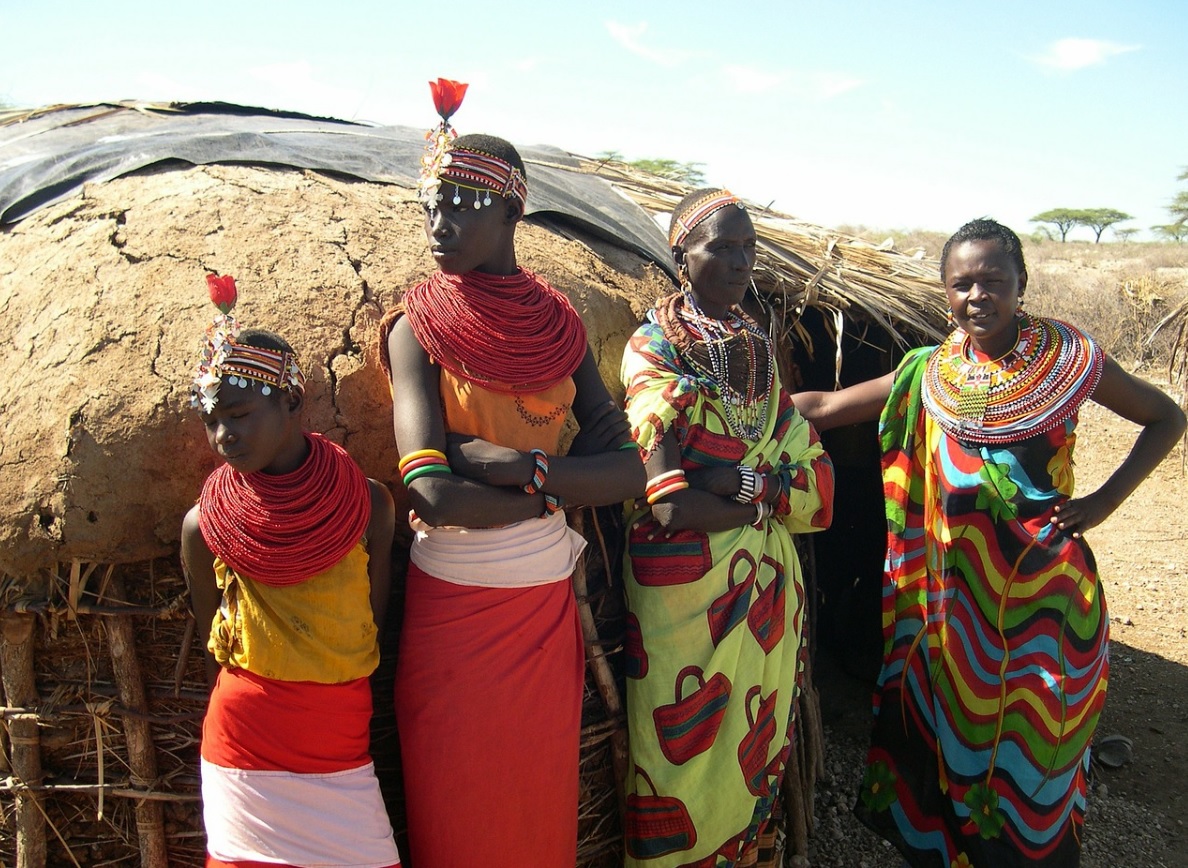UNHCR seeking $1.4 billion to meet needs of South Sudanese refugees
A similar number of people living in local communities in the five asylum countries will benefit from services and support provided through a Regional Refugee Response Plan.

UNHCR, the UN Refugee Agency, together with 123 partners, is seeking $1.4 billion this year to meet the needs of 2.3 million South Sudanese refugees living in the Democratic Republic of the Congo (DRC), Ethiopia, Kenya, Sudan and Uganda. A similar number of people living in local communities in the five asylum countries will benefit from services and support provided through a Regional Refugee Response Plan.
Since the start of the conflict in South Sudan over 10 years ago, growing humanitarian needs compounded by dire food shortages, continued insecurity, and the impacts of climate change, have kept South Sudanese refugees in exile and prompted new displacement. Four consecutive years of flooding have also destroyed homes and livelihoods, triggering further cross-border movements.
“While significant strides and commendable efforts have been made over the last 10 years by partners, this year’s Regional Refugee Response Plan builds on the incremental progress made and demonstrates that if given the resources, humanitarian aid combined with investments in resilience - for both refugees and the host communities that welcomed them - will facilitate longer term solutions,” said Mamadou Dian Balde, UNHCR’s Regional Director for the East and Horn of Africa and Great Lakes region.
Partners will build on gains already made with host governments and regional bodies to improve the protection environment for refugees and asylum-seekers through enhanced access to asylum and civil documentation. The plan also aims to support efficient delivery of humanitarian assistance and protection services, including the prevention of and responses to gender-based violence and sexual exploitation.
The inclusion of refugees and asylum-seekers in national health-care, education and other systems, as well as initiatives to boost people’s self-reliance through employment opportunities, are at the heart of this year’s response plan. Partners will aim to enhance support for resilience and solutions for refugees and their hosts through strategic partnerships with private sector and development actors.
Mental health, particularly among young South Sudanese refugees, will also be prioritized, especially as many are losing hope for their future due to limited opportunities. A new element in this year’s plan are partnerships and increased financing to enable displaced populations and host communities to become more climate resilient.
The plan will build on inclusive policies led by the Intergovernmental Authority on Development (IGAD) and the East African Community (EAC), and align with pledges made by governments, private sector and donors made at the 2023 Global Refugee Forum last December.
Despite these inclusive policies and the generosity of host countries in welcoming South Sudanese refugees, global solidarity has been waning as the situation becomes more protracted. In 2023, partners only received 21 per cent of the resources needed, falling far short of what is required to ensure all South Sudanese refugees can live in dignity. In 2022, only a third of the requirements were received.
“Several countries in this region are undoubtedly experiencing complex challenges that often demand significant financial requirements. However, the people of South Sudan deserve our attention and support so they can contribute meaningfully to their societies and gain skills for when they eventually are able to return home,” said Balde.
South Sudan remains Africa’s largest refugee crisis. While the war in Sudan has forced nearly 200,000 South Sudanese to relocate to safer areas within Sudan and hundreds of thousands of others to return to their country prematurely, over 2 million remain in need of international protection in the region. We call for renewed solidarity with and support for the people of South Sudan and the countries that are hosting them.
- READ MORE ON:
- UNHCR
- Democratic Republic of the Congo
- South Sudan










